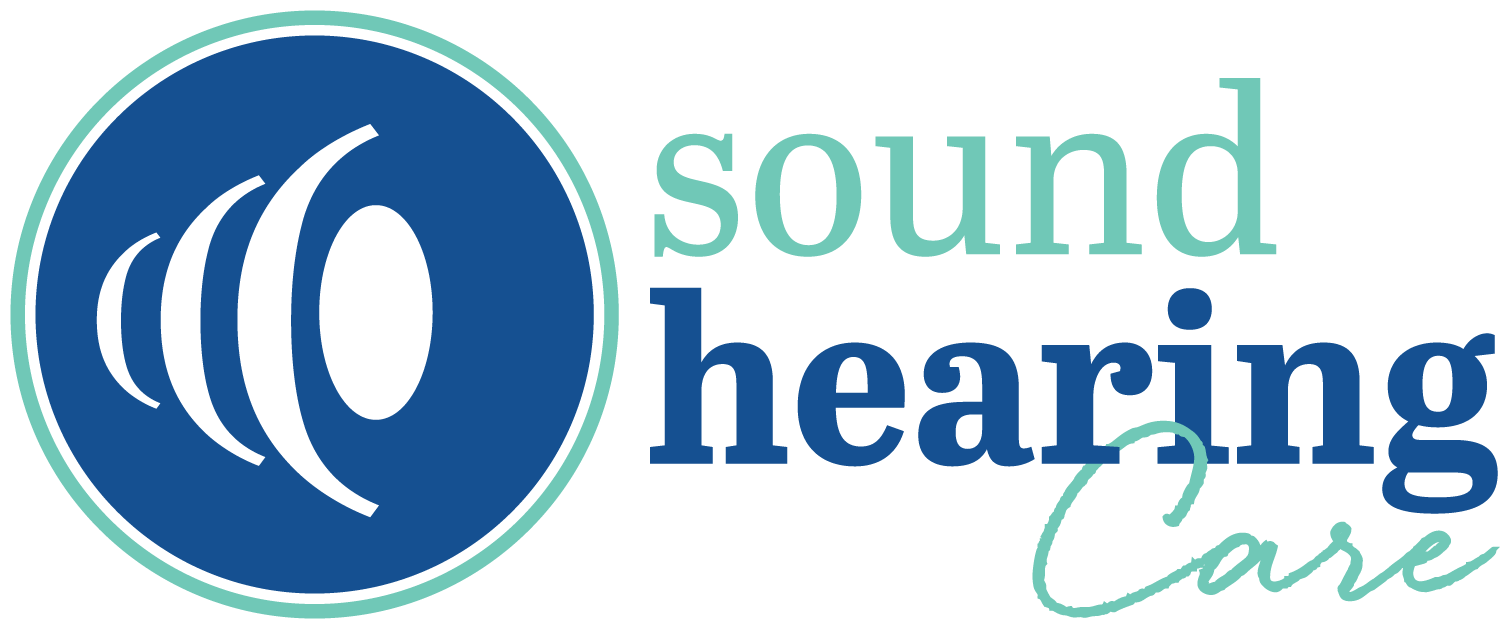What to Expect from the Latest Hearing Aid Technology
If you’re not familiar with hearing aids, all the options available can be overwhelming. And if you’re not the kind of person who is instantly comfortable with new technology, trying to choose the right hearing aids for you can feel stressful.
As a result, you may decide to simply ignore your hearing problem. You may tell yourself it’s not that bad and that it’s not bothering anyone around you. Meanwhile, your cognitive function is declining from your lack of hearing, your friends and family feel frustrated you can’t hear them, and you begin to feel isolated and depressed.
This article will explain both the basic and advanced features of hearing aids so that you can make an informed purchasing decision as well as how to get the most out of the ones you choose.
Hearing Aid Basics
On a basic level, all hearing aids available today have these main parts:
Microphone - picks up the sound
Power source - can be a traditional battery you have to replace or a rechargeable battery
Processor - converts the sound to channels that can then be digitized and amplified
Receiver - also called a speaker, which delivers the sound back to your ear
In addition, they are all digital, and they all amplify sound.
Other Hearing Aid Features
The advanced features are what separate different hearing aid brands from each other. Plus, these features SOLVE many of the problems people have had with hearing aids over the last five years. So, if you think hearing aids don’t work for you, you might want to give them another chance.
Check out some of the advanced features below:
Frequency response - All hearing aids can process sound, but they vary in how flexible they are in how they can amplify sounds in specific channels. For example, if you only have trouble hearing high frequencies, you might want a hearing aid that can process and amplify only those frequencies.
Bluetooth capability - A hearing aid that is Bluetooth capable can deliver sound directly from a Bluetooth-compatible device into your hearing aid. One example would be your phone. If your hearing aid is able to receive sound directly from your phone, you can easily talk with loved ones, listen to music, and watch videos on your phone.
Artificial intelligence - Some hearing aids detect sound environments and then make adjustments to your hearing aids to give you the best listening experience. They allow you to rate how the adjustments are working so that they can learn how to make better adjustments in future environments.
Apps - Most advanced hearing aids come with an app for your phone. These apps allow you to control your hearing aids and route calls directly to them (if the hearing aids are Bluetooth). For more detailed information about apps, visit this article from last September.
TV streaming - Some hearing aids have accompanying devices that can stream sound directly from your TV to your hearing aids.
Rechargeable batteries - Many hearing aids come with rechargeable batteries so that you’re not having to constantly buy and replace your batteries. How long the hearing aids last on a single charge can vary, so make sure you model you are considering will work with your lifestyle. Think about the length of time you may need to be away from a power source on a given day.
Tinnitus masking features - Often, you can mask your tinnitus simply by amplifying the sound you wish to hear. The louder sound will drown out the clicking, buzzing, roaring, hissing, or whizzing noise your tinnitus is causing. If this approach doesn’t work you can also have your hearing aid provider program your hearing aids to make a sound that will mask the sound of the tinnitus.
Programming Your Hearing Aids
You can buy the best, most state-of-the-art hearing aids, but they won’t do you a lot of good if your hearing aids aren’t programmed for your specific hearing needs. A good hearing healthcare provider will:
Determine why you are having trouble hearing
Recommend which hearing aid will best address your issues
Program the hearing aid to work for your situation
Train you how to use your new devices
Bring you back for follow-up appointments so they can make adjustments and keep your hearing aids working optimally
Buying hearing aids is an investment that affects the quality of your life. You want to make sure you use a provider that will help you make the most of this investment.
Contact Sound Hearing Care
Sound Hearing Care is the Upstate hearing aid provider you can trust to help you navigate through the purchase and use of your hearing aids. If you suffer from hearing loss, don’t put off getting your hearing checked any longer.
To schedule a no-obligation appointment for more information, please contact us online or call 864-881-1663.

